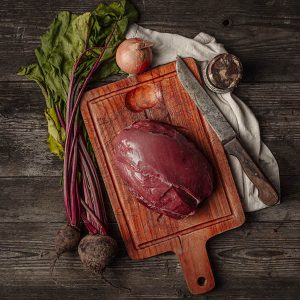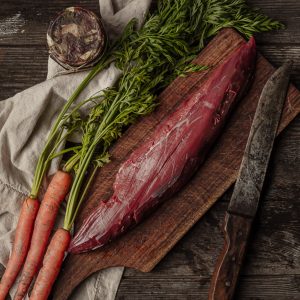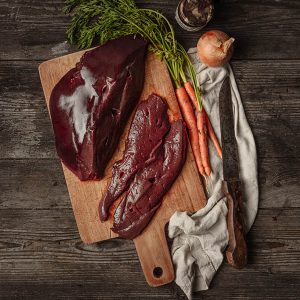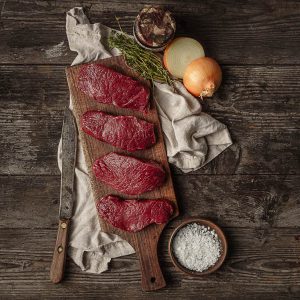Is Meat Bad for the Planet?
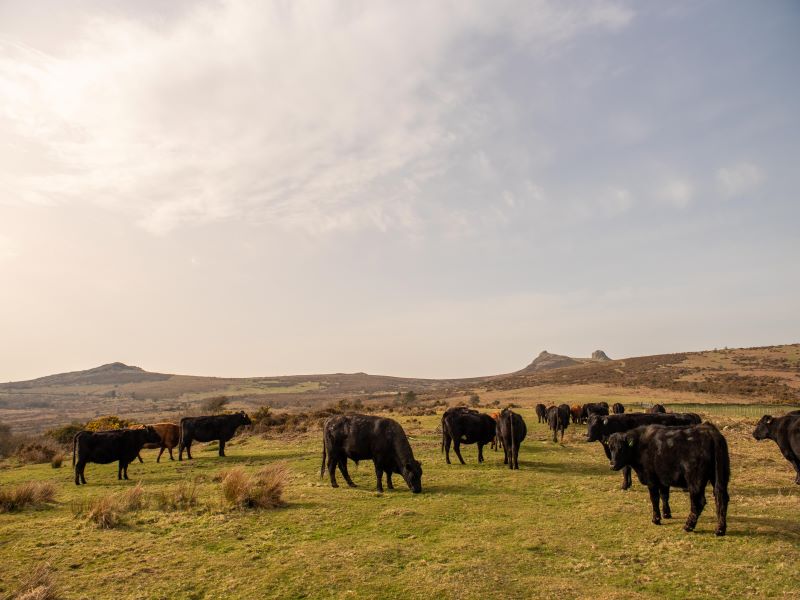
Is Meat Bad for the Planet?
By Tim Martin, Founder of Farm Wilder
You hear a lot about meat being bad for the planet, about livestock farming causing climate change, decimating wildlife and polluting rivers. Some say that the best thing to do is give it up entirely and go vegan. And although it is true that we should eat less meat, it isn’t true that all meat is bad. In fact, some meat is very good for the planet. As so often in life, the reality is just a little bit more complex than the headlines might suggest.
Meat is like electricity. There’s bad meat, like electricity from a coal fired power station - this includes much of the meat available in supermarkets and restaurants. What few people realise is that there’s also good meat - the equivalent of renewable electricity. Meat that can be reared without adding to climate change, meat that actually helps many of Britain’s rarest wild plants and animals to survive. In the past, it’s been hard to know which you’re buying, which is where Farm Wilder comes in. We’re a Devon based social enterprise, and we source and label meat from farms across the South West that have exceptional wildlife and we work with them to farm more sustainably.
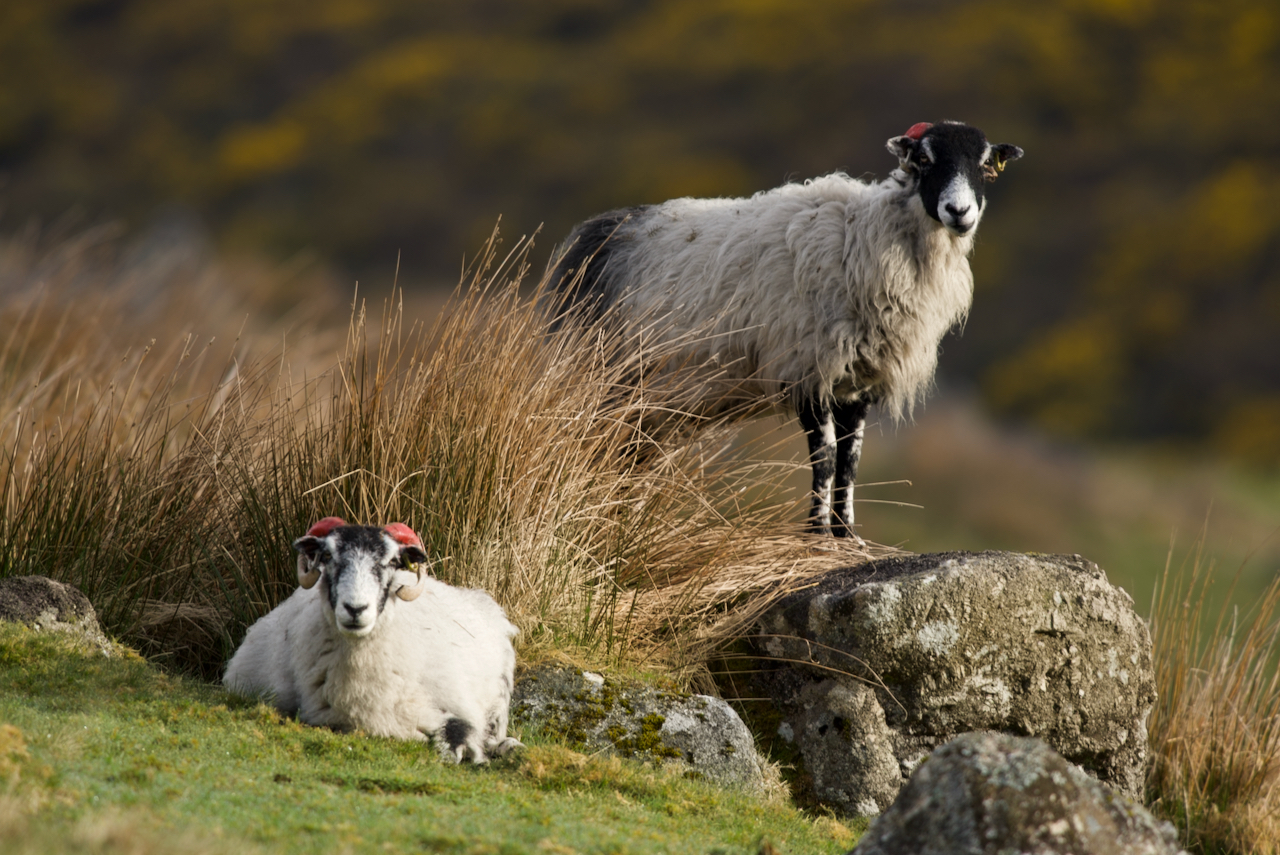
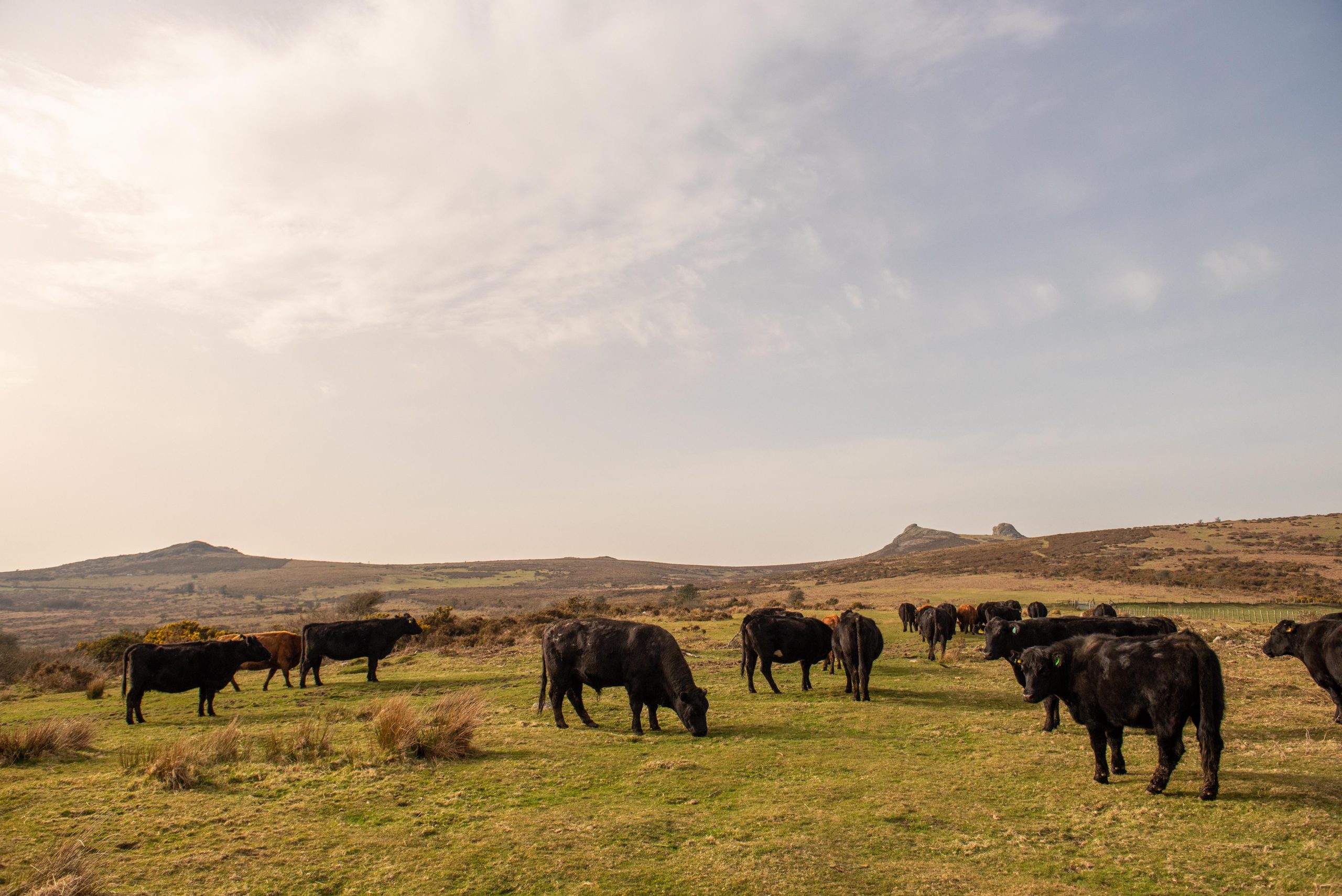
Our meat
The crucial thing about our beef and lamb is that it’s 100% pasture-fed, unlike most meat which is partly fed on grains, often including soya which drives a lot of rainforest destruction. Our pasture-fed farming means working with nature not against it. So rather than spraying on lots of nitrogen fertilizer, pasture-fed farmers sow herbal leys full of plants that fix nitrogen out of the air, or graze traditional wildflower meadows that already contain these plants. This is much better for the soil, which can store a lot more carbon, and it’s better for rivers as there’s no excess fertilizer to wash off into them.
Equally important is that our meat comes from farms with high biodiversity - places still overflowing with wildflowers, butterflies and birdsong. On most farms, wildlife has been declining for decades. Hedgehogs are down by 95%, cuckoos by 70%, and there are far fewer bees, butterflies and other insects. Intensive farming - the system that lies behind the vast majority of British food, has resulted in our countryside being covered by lifeless and unsustainable monocultures of ryegrass, maize and cereals.
We’ve recently added chicken to our range too. Chicken is hard to rear sustainably, with almost all farmers using some soya in their feed, but ours is from a much less intensive system than most. The chickens live in mobile sheds and spend all day wandering through specially sown pastures where they are used as part of the rotation to increase soil fertility, and we’re working with farmers to develop an even more environmentally friendly system.
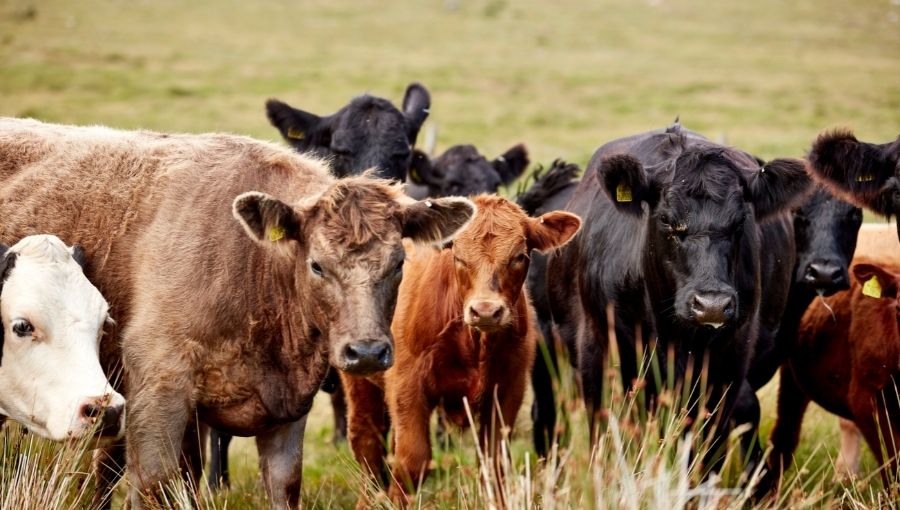
Farm wildlife
One of my favourite birds is the cuckoo. These birds famously lay their eggs in the nests of other birds, and on our Dartmoor farms it’s meadow pipits they target. Our farmers lightly graze areas of rough pasture to maintain the right balance of grass and scrub that meadow pipits need. Another endangered species found on some of our farms is the stunningly beautiful marsh fritillary butterfly. It needs damp meadows, which are home to many rare animals and plants, but without regular grazing much of this unique wildlife would disappear under willow scrub.
There are other benefits of grazing to help wildlife conservation. The cattle that thrive best on this diet are traditional native breeds like Belted Galloway, Aberdeen Angus and North Devon. These cows eat a huge range of herbs, grasses and legumes in those flower-rich meadows, which can be home to more than 50 species of plant. The result is meat that’s richer in nutrients than intensively reared meat, including important vitamins and nutrients. And that variety of meadow herbs and grasses creates a more complex and fuller flavour - so it tastes better.
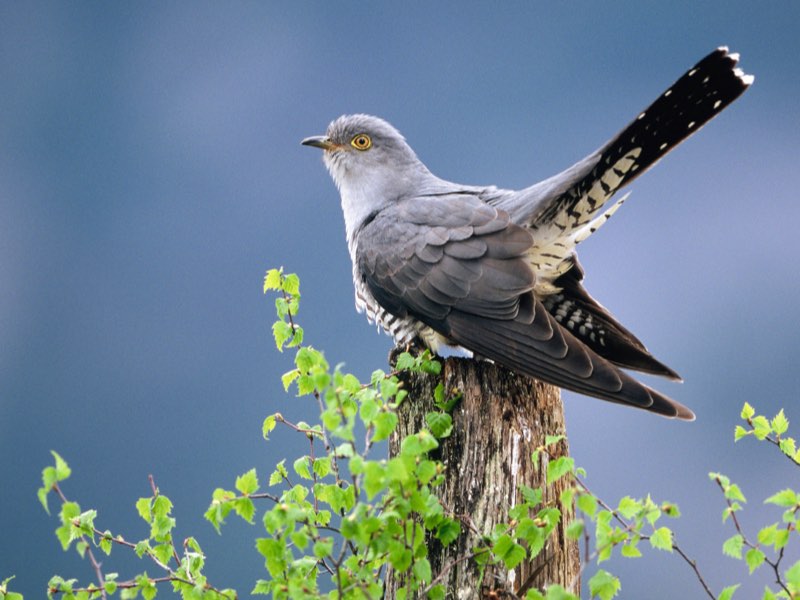
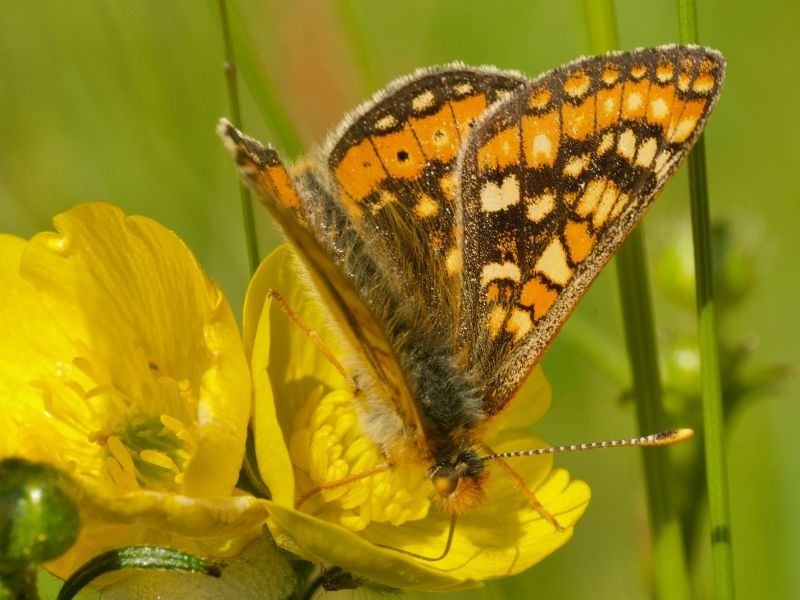
VENISON
For the ultimate low-impact meat, there’s nothing as sustainable as wild shot venison. Britain’s deer are booming, and this has resulted in them damaging woodland by overgrazing the understory and preventing shrubs and young trees from growing. This in turn reduces the number of rare wild animals including dormice, nightingales and silver washed fritillary butterflies. In the absence of wolves or lynx to control deer naturally, we rely on deer being culled to limit the damage, and our delicious venison is a by-product of this process.
If you enjoy eating meat and are able to source sustainably reared wildlife friendly meat like ours, then you can eat it with a clear conscience, knowing that your delicious meal is helping make our countryside healthier and bringing back our wonderful wildlife.



